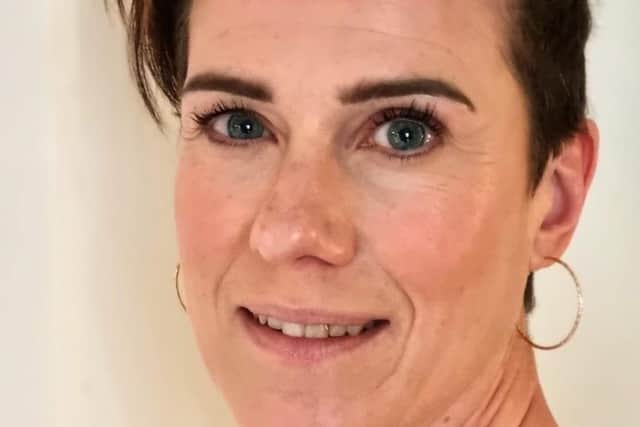Tell us how to better help people die with dignity - Dr Emma Carduff
As a result, Marie Curie opened hospices across the UK, and a nationwide community nursing service which supports terminally ill people with palliative and end of life care in their homes day and night.
In the last 70 years, those services have helped thousands of people affected by terminal illness, including patients, their families and carers to access the physical, emotional and spiritual support they have needed for an end of life experience which reflects what is most important to them. Indeed, in Scotland in 2020-21 Marie Curie supported over 9,000 people, the charity’s highest on record.
Advertisement
Hide AdAdvertisement
Hide AdShockingly, many of the issues evidenced by the MCMF and QIDN in 1952 are still extremely prevalent today. Recent research published by Marie Curie and Loughborough University Centre for Research and Social Policy found 90,000 people die in poverty each year in the UK, 8,200 in Scotland, equating to one in four working age people, and one in eight pensioners.


Being terminally ill and reaching the end of life can substantially increase a person’s risk of experiencing poverty. The double burden of income loss and increased costs brought on by terminal illness can force those who were already on the threshold, below the poverty line.
With the current cost of living crisis, this is set to worsen significantly. We also know that many patients at the end of life, their families and carers still struggle to get the housing equipment and support aids they need, when they need it, and support and advice outside of normal working hours.
Seventy years on, we know that physical, emotional and spiritual end of life care is provided by a huge network of health and social care professionals, carers and volunteers, among others. However, we also know that gaps remain in the provision of that care and support.
To enable more people to live and die with dignity at the end of life, we need to better understand what end of life care and support is delivered in patients’ homes and by whom, how does financial hardship impact those dying at home in 2022, and what social and community engagement is available to people at the end of life in 2022?
This year, Marie Curie and The Queen’s Nursing Institute are partnering again to research what has changed since 1952, and what support is needed to improve end of life experiences for those affected by terminal illness.
We are seeking the experiences of paid professionals or formal volunteers who support people at the end of life, at home. This includes health or social care professionals, social workers, welfare advisers, doulas, faith groups, advocacy organisations or community groups.
You can share you experiences and support our research by completing this short survey Care and Support for Dying at Home.
Advertisement
Hide AdAdvertisement
Hide AdWe recognise the invaluable end of life care and support provided by unpaid family caregivers, friends and neighbours, without whom, terminally ill people would not be able to live at home as well as possible, day-to-day.
There is, rightly, much research dedicated to better understanding those experiences and needs, but there is a notable research gap about the care provided by paid professionals and volunteers in people’s homes. For this reason, we are surveying only paid professionals and formal volunteers as part of this project.
If you have any questions, or would like to know more, please contact me by email at [email protected]
Dr Emma Carduff, Research Lead, Marie Curie
Subscribe at www.scotsman.com/subscriptions
Comments
Want to join the conversation? Please or to comment on this article.
